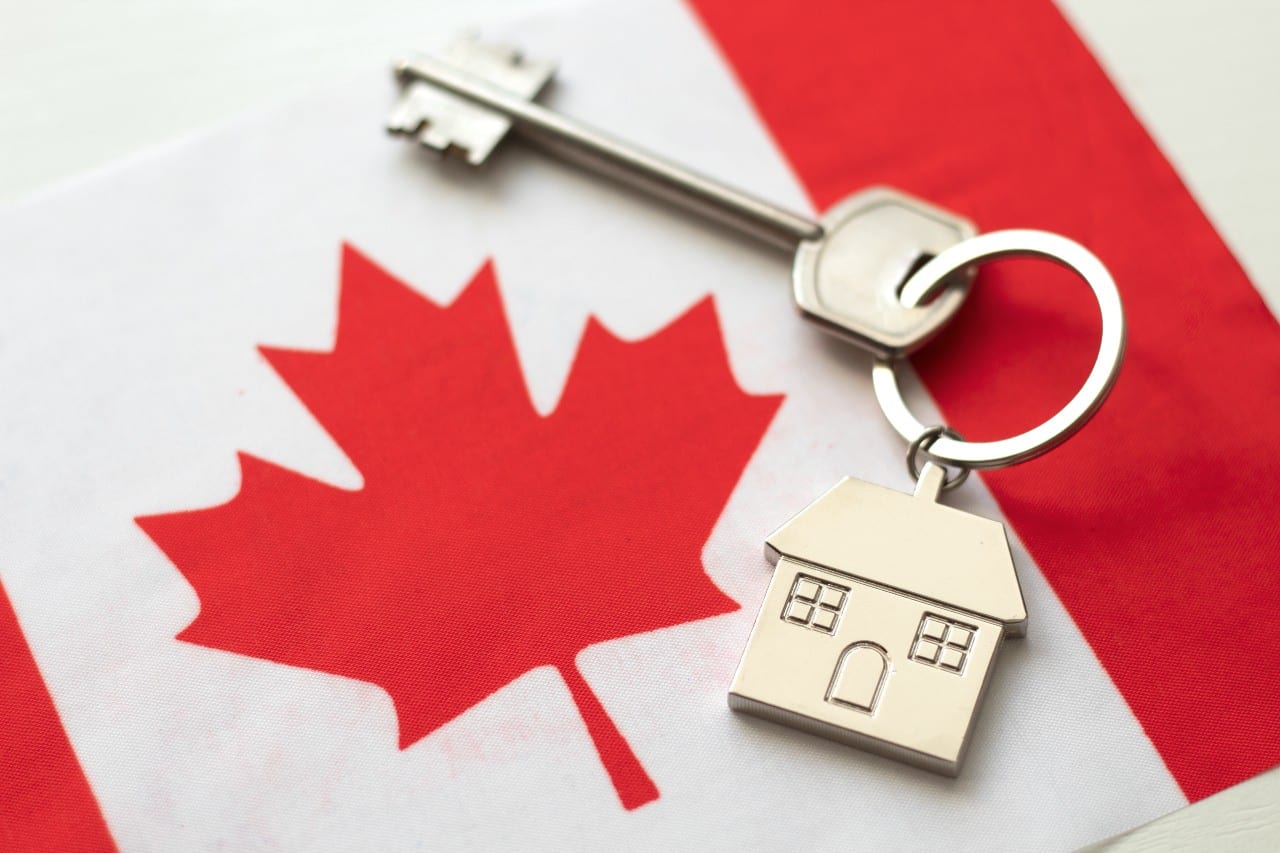Mortgage renewals used to be simple. You’d get a letter from your lender, glance at the new interest rate, sign it, and carry on. Now though. Things have changed. Interest rates are higher, budgets are tighter, and a lot of Canadians are wondering how they’ll afford their new payments when their mortgage comes up for renewal.
If you’re in that boat, take a breath. You’re not alone—and you’ve got options.
Let’s break down everything you need to know about the mortgage renewal process, especially when you’re staring down a big jump in your rate.
What is a mortgage renewal, anyway?
Unless you plan to pay off the full loan (which most people can’t), renewing your mortgage is a must. A mortgage renewal happens when your current mortgage term ends (this is usually after 1 to 5 years), and you still have a balance left on your mortgage loan. You’ll need to renew the mortgage for a new term and agree to new terms, a new interest rate, and possibly a new amortization period (how long you’ll take to pay it all off).
Why it feels so different this time
If you’ve had a mortgage for any significant amount of time, you’re probably no stranger to mortgage renewal. So why are they so much more stressful this time? There’s one main reason: interest rates have gone up, fast. The Bank of Canada has raised rates several times to fight inflation, and now many fixed and variable mortgage rates are a lot higher than they were just a few years ago.
If you got a fixed mortgage at 1.99% in 2020, you might be facing something like 5.5% or more today. That difference can mean hundreds more per month in payments. Add in higher food and gas costs, and it’s no surprise many homeowners are feeling squeezed.
Step one: Don’t auto-renew
When you get your renewal notice, usually 21 days before your maturity date, you might be tempted to sign and send it back. Don’t! At least, not right away.
Lenders often don’t offer their best rate upfront. They’re hoping you’ll accept the convenience of an automatic renewal without shopping around. Here’s the thing: by doing that, you might be leaving money on the table.
Shop around like your wallet depends on it (because it does)
Now is the time to compare mortgage rates. Not just at the big banks, but at credit unions, private lenders, and through a mortgage broker. Brokers can help you explore options from multiple lenders and even negotiate on your behalf. Even a small difference in rate, say 0.25%, can save you thousands over the life of your loan.
When comparing, look at:
Fixed vs. variable rate: A fixed rate stays the same for your new term. A variable rate can go up or down.
Term length: Longer terms (like 5 years) offer more stability, while shorter terms might give you flexibility if rates fall.
Amortization: A longer amortization period means lower monthly payments, but more interest overall.
Prepayment options: Can you make a lump sum payment without penalties?
Early mortgage renewal: Is it worth it?
If your mortgage isn’t up yet, but you’re worried rates will rise more, you might consider an early mortgage renewal. Some lenders allow this without penalty, but others may charge a fee.
Run the numbers first. Locking in early could protect you from rising rates, but if interest rates drop, you could miss out on savings. It’s a bit of a gamble, so weigh it against your financial goals.
Think about your financial goals, not just the rate
Yes, getting the lowest rate is important, but so is choosing a mortgage that fits your life. Ask yourself:
- Are you planning to move soon?
- Do you expect your income to change?
- Do you want to pay down your mortgage faster?
The right term, lender, and payment plan will depend on what’s next for you.
Don’t forget the stress test
When you renew with your current lender, you usually won’t need to pass the mortgage stress test again. However, if you switch to a new lender for a better rate, you will.
The stress test checks whether you can afford payments at the higher of:
- The Bank of Canada’s qualifying rate (currently 5.25%)
- Your new contract rate, plus 2%
If you fail, you might be stuck with your current lender, even if their rates aren’t great. That’s why it’s smart to plan ahead, especially if your income or credit has taken a hit.
Working with a mortgage broker can help
Feeling overwhelmed? A good mortgage broker can walk you through the options, explain the fine print, and help you find the best fit for your situation.
Plus, brokers often have access to credit unions and private lenders that you might not even know about. They can also help if you’re self-employed, have a lower credit score, or just need a little extra support.
Lump sum payments: A secret weapon
If you’ve got some extra cash, maybe from a tax refund or inheritance, think about making a lump sum payment when you renew. Some lenders allow lump sums up to 15-20% of the original loan each year without penalty. This lowers your overall balance and could help you pay off your mortgage faster. That means less interest, more freedom.
Watch out for fees and penalties
Not all mortgages are created equal. Some come with extra fees, high penalties for breaking early, or limited flexibility. Always read the fine print before signing on the dotted line. If you’re unsure about what something means, ask. Your lender or broker should be able to explain it in plain language.
The new Mortgage Charter: what it means for you
In December 2023, the federal government introduced a new Mortgage Charter to help struggling homeowners. Lenders must now offer more flexible solutions, including:
- Extending your amortization
- Waiving fees in some cases
- Allowing temporary interest-only payments
A few final mortgage renewal tips
Start early: Give yourself at least 4 months to explore your options before your maturity date.
Compare everything: Rates, terms, amortization period, fees, flexibility.
Be honest: Be truthful with yourself and your lender. If you’re struggling, say so. There may be help.
Check your credit: Better credit = better options.
Don’t panic: This is a stressful time for many. You’re not alone, and you have more power than you think.
Bottom line: Renewing a mortgage in today’s market
A mortgage renewal today isn’t the easy checkbox it used to be. It’s a chance and a challenge to make sure your home loan fits your life right now. Yes, interest rates are high. The good news is, with the right planning, smart choices, and a bit of help, you can navigate it without losing sleep.
If things are already tight? Know that support is out there, from new government tools to experienced brokers, flexible credit unions, and private lenders.
Mortgage renewal might not be easy, but it doesn’t have to be scary.










